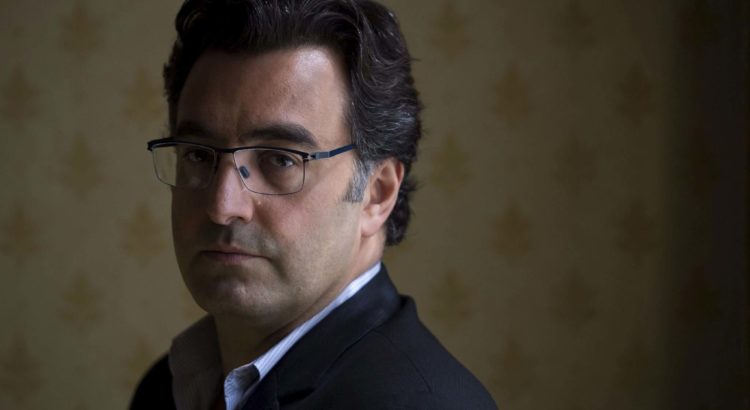North America/ Canada/ 03.04.2019/ Source: www.winnipegfreepress.com.
Museum explores plight of Baha’i believers studying underground in Iran
When university-age Baha’i believers in Iran want to protest how that country oppresses members of their religion, they go to school.
They don’t go to regular state-supported universities and colleges — they are banned from those by the government because of their beliefs. They attend «underground» classes run by Baha’i professors, where they study a variety of subjects.
When Clint Curle, a senior adviser at the Canadian Museum for Human Rights, heard about the issue, «I became immediately interested in the story, and how the Baha’i community in Iran is responding.»
For Curle, the issue touches on two fundamental human rights of interest to the Winnipeg museum: education and freedom of religion and conscience. It also shows how oppressed communities can creatively respond to having their rights denied.
«It’s a brilliant, non-violent response to oppression, an inspiring story deeply rooted in the Baha’i faith,» he said.
On March 26, the museum will focus on the issue with a public event titled: Persecution, Protection and Resilience: Canada and the Baha’is of Iran.
The free event, co-sponsored by the Baha’i Community of Canada and the local Baha’i assembly, will feature a presentation by Iranian-Canadian journalist Maziar Bahari, who was working for Newsweek in 2009, when he was accused of being a spy and imprisoned by the Iranian government.
Following his release, Bahari wrote the memoir Then They Came for Me: a Family’s Story of Love, Captivity, and Survival, which was adapted for the big screen (Rosewater) in 2014 by former Daily Show host Jon Stewart.
In an interview from his home in London, England, Bahari, 52, said he is «dedicated to pursuing freedom of conscience in Iran.»
This includes speaking up on behalf of Baha’is, even though he is not a member of the religion — he calls himself a «non-practising Muslim.»
Bahari said opposition to the religion in Iran is rooted in «hatred by the clergy» in that country, where they are considered heretics. As a result, he said, «they are treated as second-class citizens.»
He spoke admiringly of the Baha’i Institute for Higher Education, the «underground» school that offers 38 university-level programs in science, engineering, business and management, the humanities and the social sciences. Students meet in homes, offices and other clandestine locations.
The institute’s courses are recognized by almost 100 universities around the world, including the University of Manitoba.
«It shows the best kind of peaceful response,» Bahari said of how the institute continues to offer programs despite periodic raids, confiscation of equipment, general harassment and imprisonment of faculty members.
It’s also «an educational miracle. They are fighting a brutal regime with education and creativity. It is instructive for the world.»
For Payam Towfigh, a Winnipeg Baha’i who came to Canada 30 years ago from Iran as a refugee, the event is a chance to «shine a light» on persecution in that country, and to explore ways Winnipeggers can collaborate with local Baha’is and others «to end this injustice.»
Source of the review: https://www.winnipegfreepress.com/arts-and-life/life/faith/fighting-oppression-with-education-507503292.html






 Users Today : 57
Users Today : 57 Total Users : 35459963
Total Users : 35459963 Views Today : 72
Views Today : 72 Total views : 3418537
Total views : 3418537